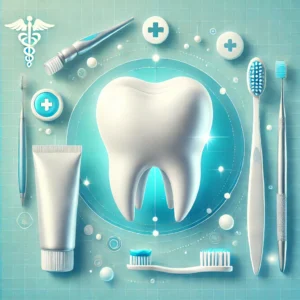Introduction
Many of us love starting our day with a fresh cup of coffee. It wakes us up, gives us energy, and makes the morning a bit brighter. But sometimes, coffee can come with side effects like jitters, stomach issues, or trouble sleeping. The good news is that you can enjoy your morning coffee without these side effects by following a few simple tips. In this article, we will share easy and practical tips to help you enjoy your coffee in a healthy way.
Choose High-Quality Coffee Beans
The quality of your coffee beans can make a big difference in how your coffee tastes and how it affects your body. High-quality beans are less likely to cause stomach issues and are often lower in acidity. Look for organic or specialty-grade coffee beans. These are usually grown without harmful chemicals and are processed in a way that preserves their natural flavors.
Use the Right Brewing Method
The way you brew your coffee can also impact its side effects. For example, cold brew coffee is known to be less acidic than regular hot coffee, which makes it gentler on the stomach. French press or pour-over methods can also reduce bitterness and improve the flavor. If you’re sensitive to coffee’s acidity, consider trying these brewing methods.
Drink Coffee in Moderation
Too much of anything can be harmful, and coffee is no exception. Drinking too much coffee can lead to jitters, anxiety, and trouble sleeping. To avoid these side effects, try to limit your coffee intake to one or two cups a day. Also, pay attention to how your body reacts to caffeine. If you notice any negative effects, it might be a sign to cut back.
Avoid Drinking Coffee on an Empty Stomach
Drinking coffee on an empty stomach can lead to stomach upset and increased acidity. To prevent this, try eating a light breakfast before you have your coffee. Foods like toast, oatmeal, or a banana can help protect your stomach lining and reduce the risk of digestive issues.
Skip the Sugar and Artificial Sweeteners
Adding sugar or artificial sweeteners to your coffee might make it taste better, but it can also lead to unwanted side effects like energy crashes or weight gain. Instead, try sweetening your coffee with natural alternatives like honey, cinnamon, or vanilla extract. These options can add flavor without the negative health effects of sugar.
Opt for Low-Acidity Coffee
If you experience acid reflux or heartburn after drinking coffee, it might be because of the coffee’s acidity. Low-acidity coffee is specially processed to reduce the amount of acid, making it a better option for people with sensitive stomachs. Look for coffee labeled as “low-acid” or try brewing your coffee with a coarse grind and cool water to reduce its acidity.
Stay Hydrated
Coffee is a diuretic, which means it can lead to dehydration if you’re not careful. To avoid this, make sure you drink plenty of water throughout the day. A good rule of thumb is to drink a glass of water for every cup of coffee. This will help keep you hydrated and reduce the chances of experiencing headaches or other dehydration-related issues.
Listen to Your Body
Everyone reacts to coffee differently. Some people can drink several cups a day without any problems, while others might feel jittery after just one cup. Pay attention to how your body feels after drinking coffee. If you notice any side effects, consider adjusting your coffee habits. This might mean drinking less coffee, switching to decaf, or trying a different brewing method.
Conclusion
Coffee can be a great way to start your day, but it’s important to enjoy it in a way that doesn’t harm your health. By choosing high-quality beans, using the right brewing method, and drinking in moderation, you can enjoy your morning coffee without worrying about side effects. Remember to listen to your body and make adjustments as needed. With these tips, you can enjoy your coffee while staying healthy and feeling your best.





















+ There are no comments
Add yours